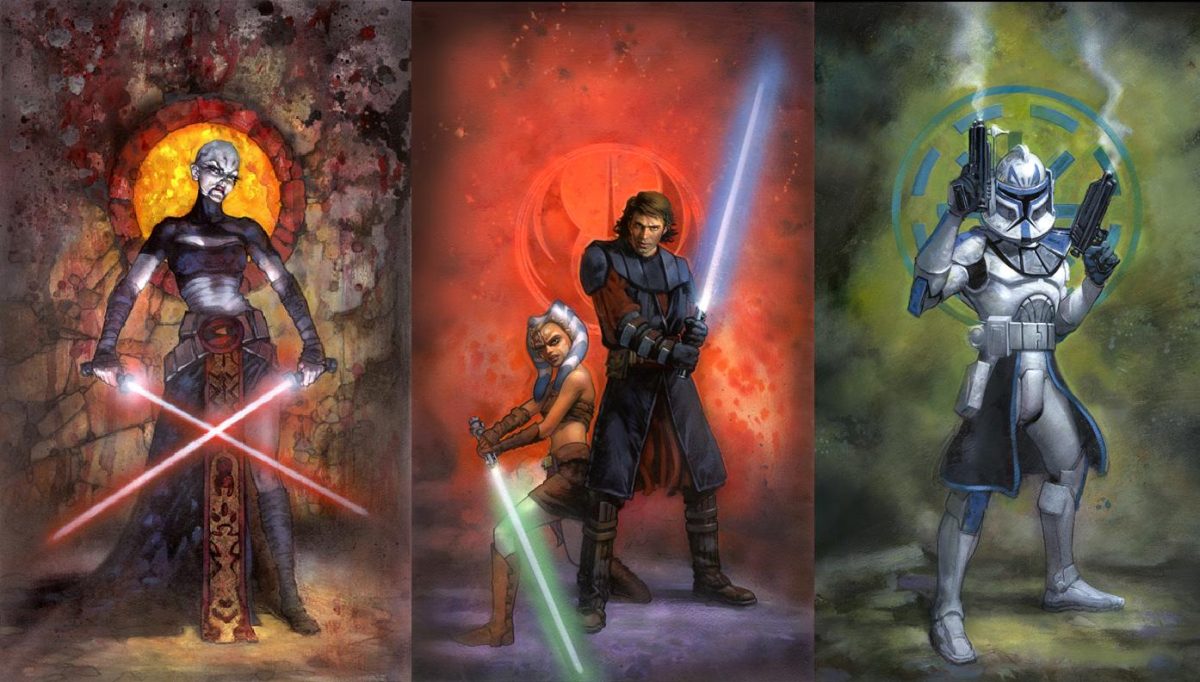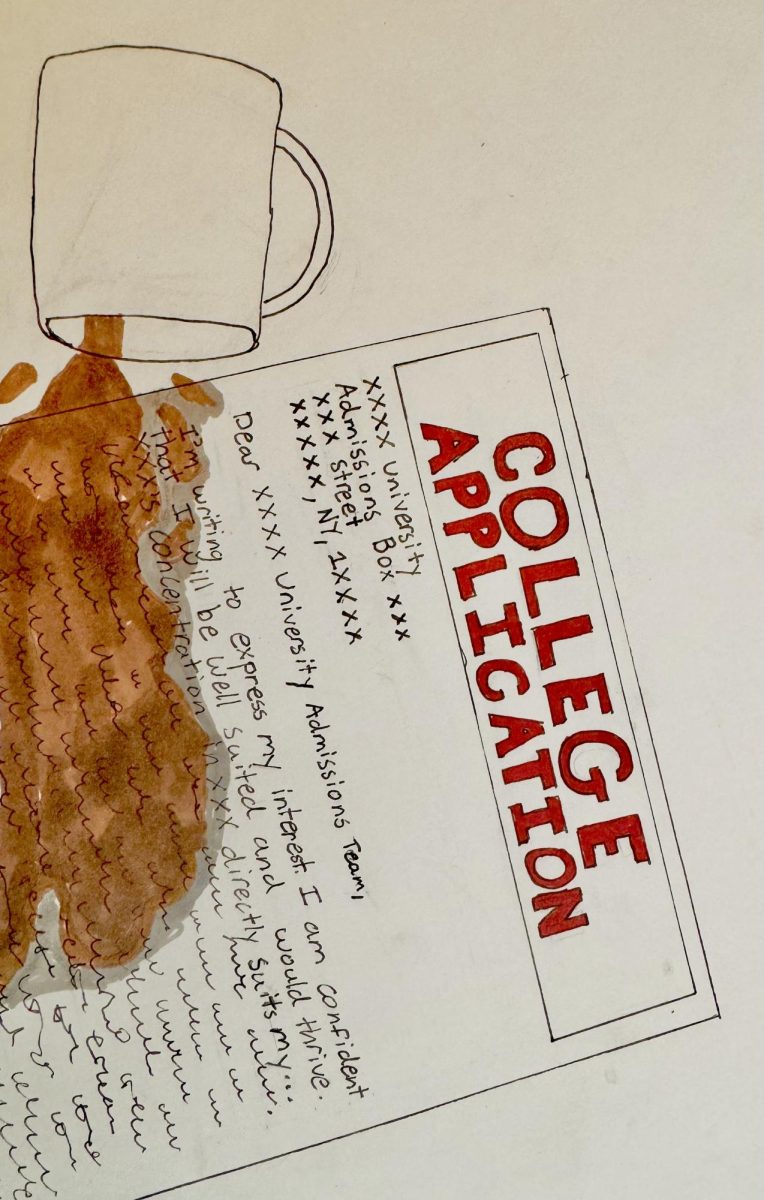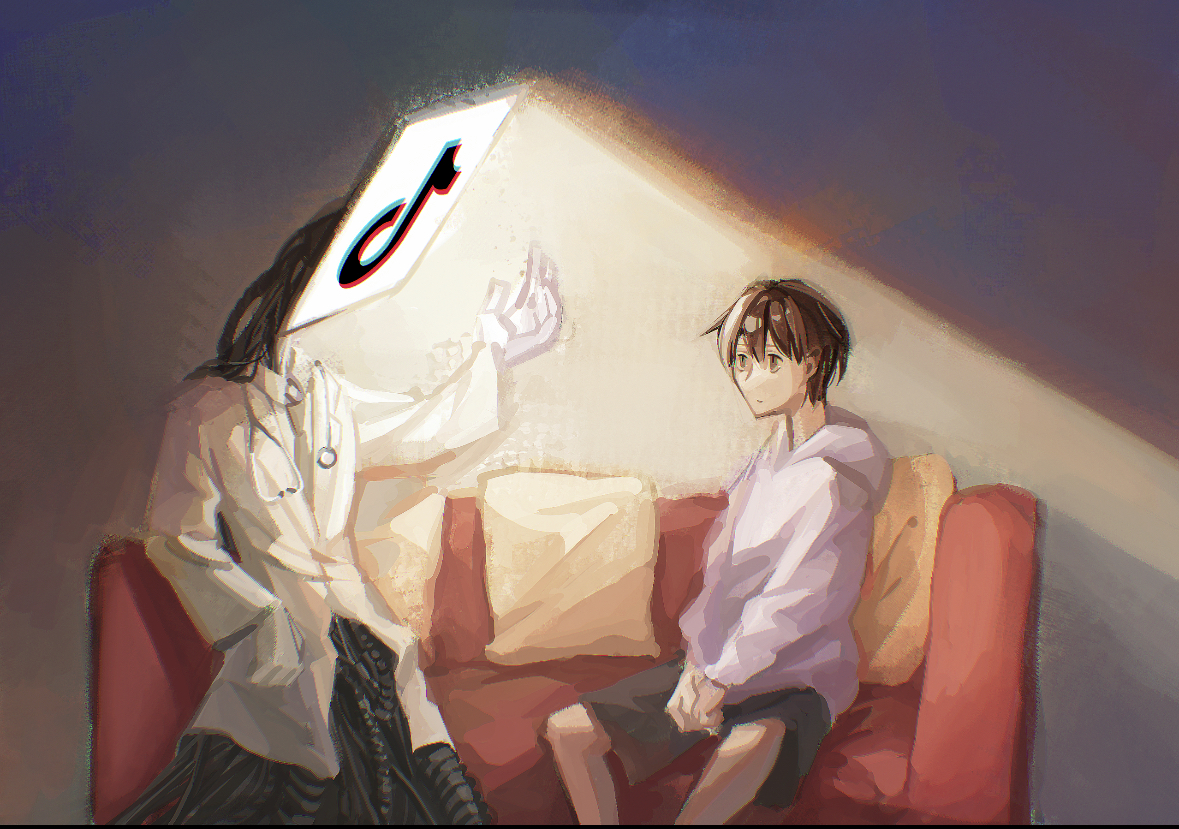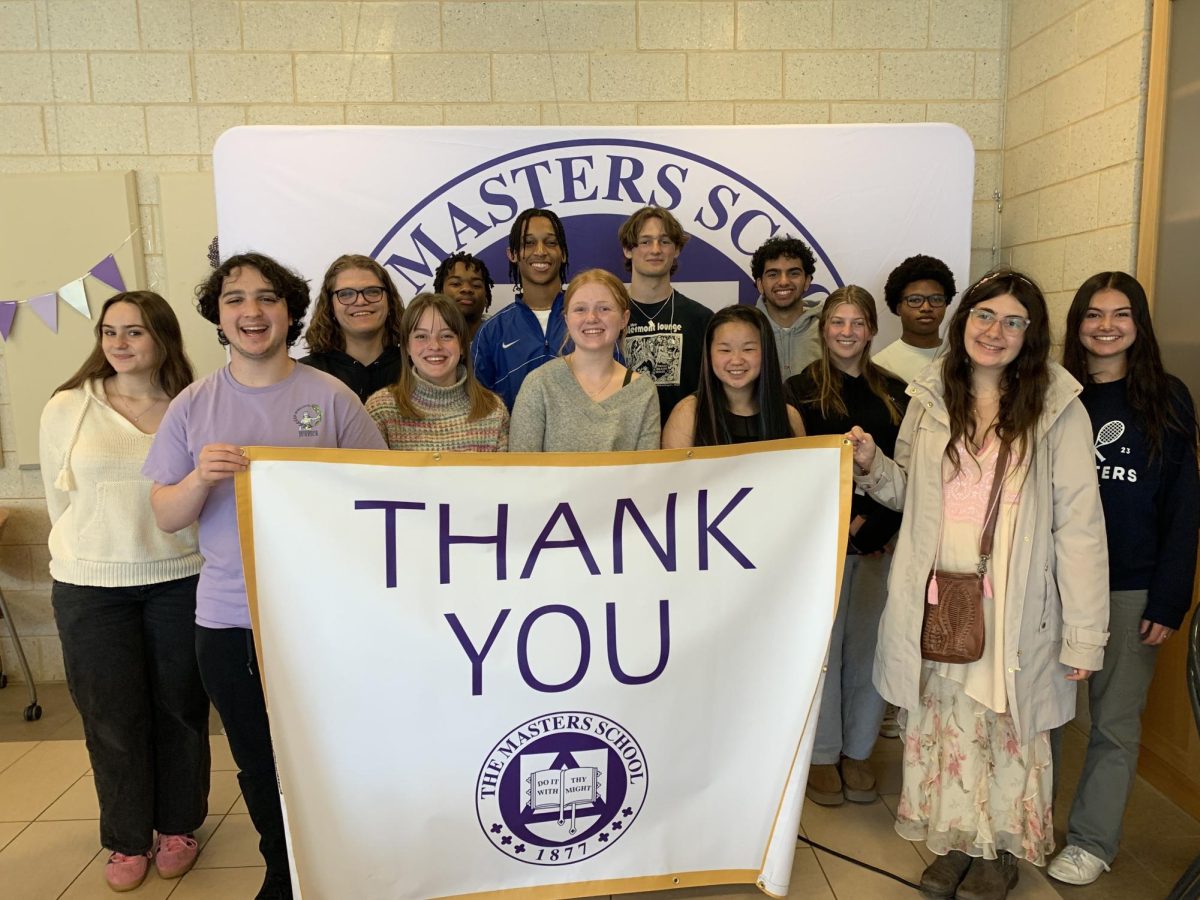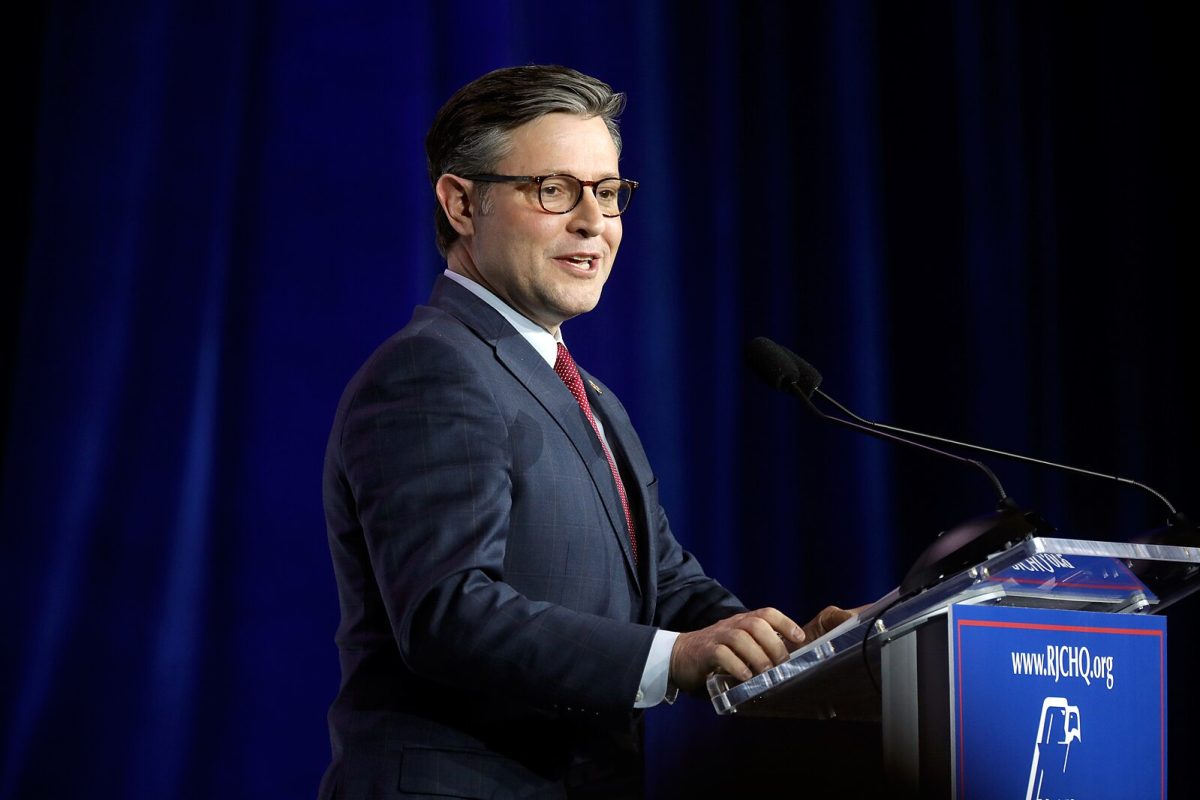The summer of 2022, I began rewatching an old childhood favorite show of mine. Star Wars: The Clone Wars, or Clone Wars for short, was made between 2008-2013 and 2020, and presents the watcher with vivid tales of various characters from across the Star Wars galaxy in a time of galactic civil war.
It is a story which is, almost inexplicably, produced for younger children. It is marketed that way at least, and yet the narrative is one of not just life-or-death good versus evil, but also the inherent gray areas of that spectrum: endemic war, organized crime, human (and alien) trafficking, murder, and intense internal personal conflicts.
At the time of initially watching Clone Wars, as a six year-old I may note (not too far off from the average viewing age, I wager) I faced questions from adults in my life who worried if it was even appropriate for me.
Yet as a kid, all the intense aspects described just came off as the Jedi fighting off the evils with their lightsabers, and their army of brave clone troopers against the evil droids, Sith, and criminal syndicates. This leads me to a most curious aspect of childhood nostalgia and revisited childhood media – you notice so much which you would never dream of when you watched the show that meant so much, and yet you caught on to almost none of the plot points. Star Wars can have that effect.
Around 2009, I remember playing in my old house’s den room with a bunch of Star Wars Legos. The main focus of that particular set was a Wampa’s cave and an Assassin Droid. The Wampa is a vicious carnivorous beast creature found on the ice planet of Hoth, who attempted to eat the plucky protagonist Luke Skywalker, possibly by limb-by-limb dismemberment if Skywalker hadn’t got out of the cave fast enough.
The Assassin Droid is a droid programmed to, well, carry out assassinations. This Assassin Droid, however, is an infamous one who went rogue and became a bounty hunter (you may remember them as one of the bounty hunters sent off to find the Millennium Falcon in Empire Strikes Back).
So to recap, there was ~little four year old me playing with a Wampa beast and the Assassin Droid bounty hunter. This little moment of what was indeed, I can genuinely say, pure innocent play, is a microcosm of this broader set of constant “woah!”s Star Wars fans have when looking back to the roots of our fixation with the narrative.
The astonishment which one often finds gripping themself when it comes to this is “how did I never really think of the whole of this all”? The answer, obviously, is young age, but still – it can really amaze you the more you ponder it.
When I look at this moment in retrospect, and also look back on the Clone Wars as I continue my modern day expeditions in rewatching, it feels really fascinating to note all of this and also to think more and more about those old good childhood memories.
As someone who has thought of nostalgia a lot as I get older and am in a strange transitional time of my life, I have tried to look at this example for lessons on emotionally productive nostalgia. The “what do I see now that I didn’t then?” question is one that keeps coming back to me in these instances. I cherished Clone Wars as a young lad, but it is at this time in my life that I can finally appreciate the complexity I previously missed. As a result I find myself actually finding it more meaningful than I did as a younger kid. Star Wars has so many different broad and specific sociopolitical themes (shoutout to my thesis I’m working on with Mr. Ives) as well as nuanced character arcs. To fully appreciate these facts feels like a privilege I did not have then.
It is also important to recognize “the dark side” of nostalgia when looking at emotionally productive nostalgia. Far too often we see nostalgia maladaptively appropriated for causes that appeal to the worse sides of human nature. We see this in grandiose cases like the use of nostalgia to advocate for suppressive, reactionary policy (often demagogic against a certain group or variable which is deceptively presented as having “changed things for the worse”) and, thankfully far more often than that, in significantly smaller but still internally self-destructive cases (such as a perceived inability to recover one’s childhood whimsy). The common thread is an imagined idealized past which probably didn’t ever exist, at least in the form it’s remembered in. We use this psychological talent for idealizing an imaginary “far better”, supposedly irretrievable, past ethos to justify dissatisfaction with the present and fear of the future.
We cannot allow ourselves to use nostalgia for dark purposes, and as a security blanket against living our life to the fullest. When I watch Clone Wars, it reminds me that the great stories of the past for me weren’t always more innocent – they just contained struggles and complexities I couldn’t begin to comprehend. While the loss of childhood innocence is well-documented, we must not conflate that with resigning ourselves to a supposedly inherently less wondrous and joyful life as we get older (even as young as the transition from young childhood to adolescence). Clone Wars continues to teach me that the past is more complex than I recall, the present and future contain far more deep meaning than I would initially fear, and that nostalgia is best used not for burying one’s head in the sands of inevitable frustration with time passing, but rather for an embrace of all great aspects of the past and synthesis of them with your great aspects in the here and now.



















